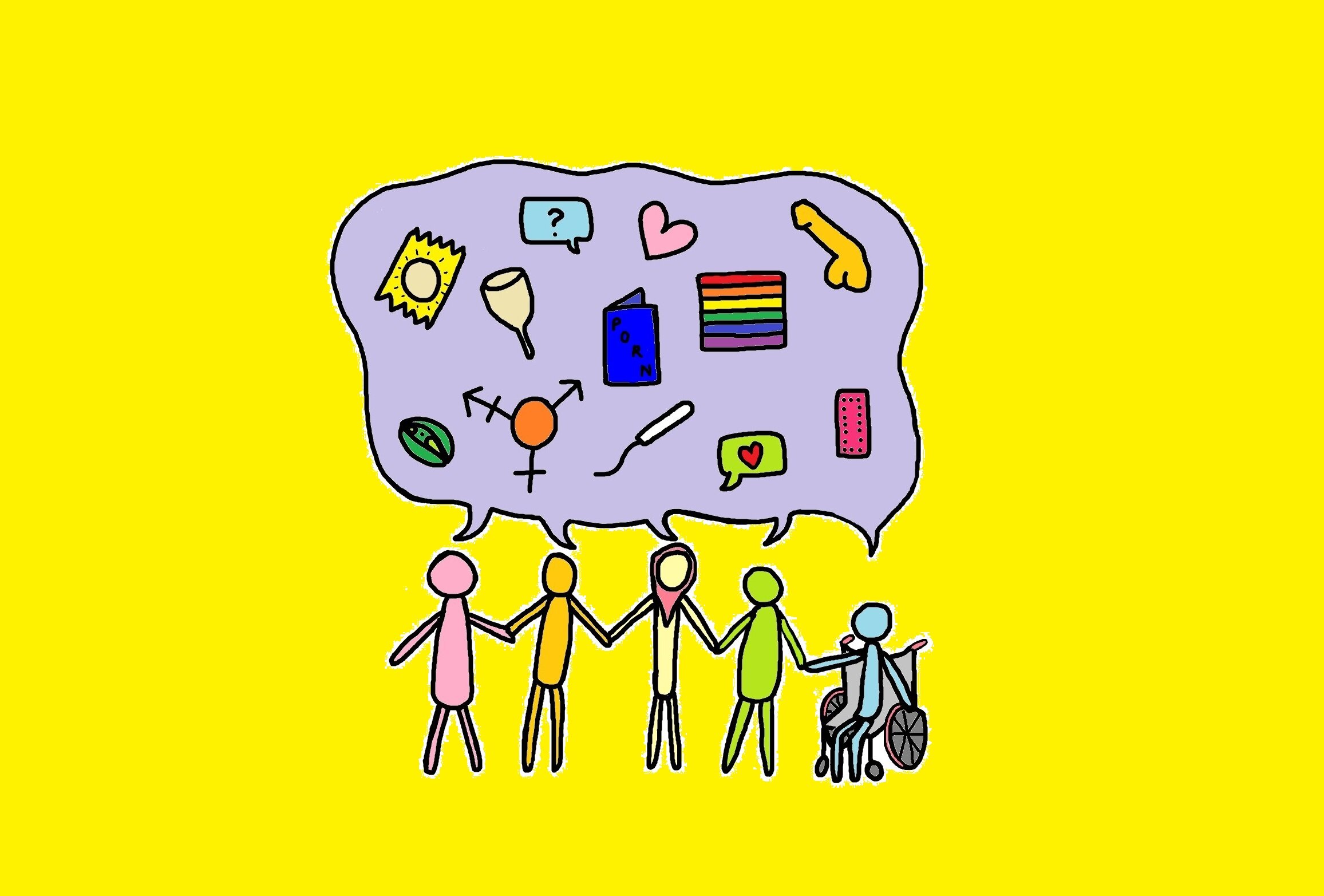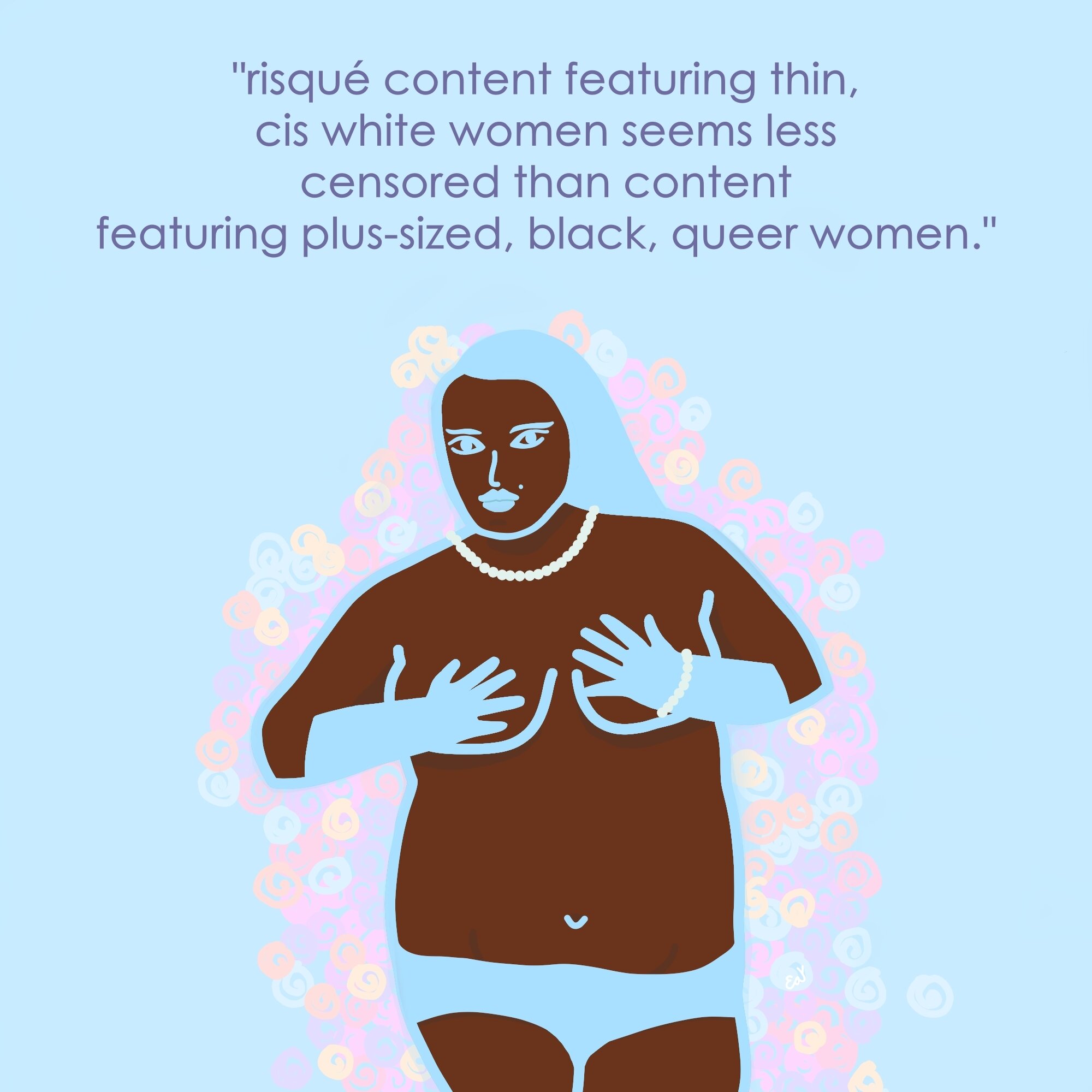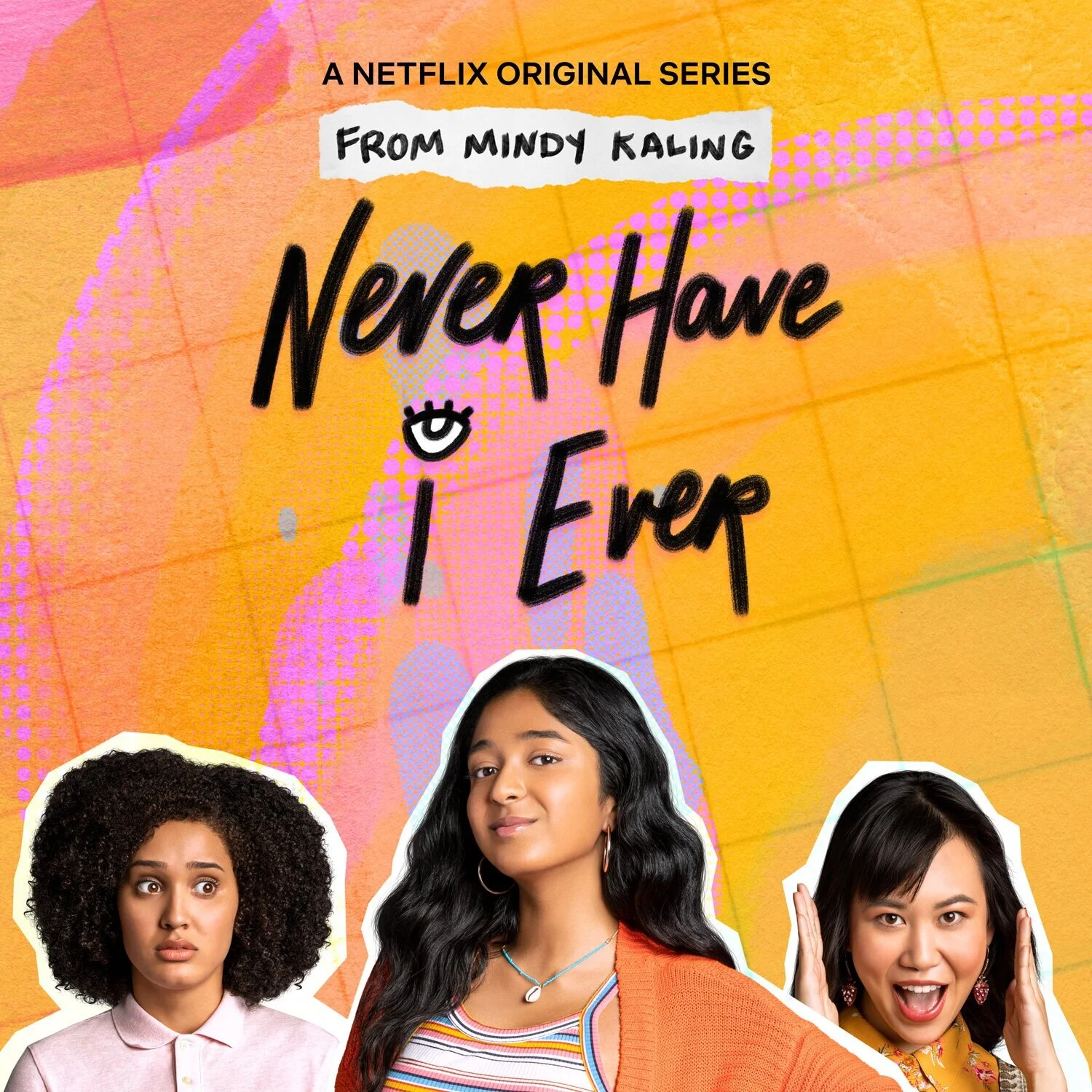WRITTEN BY A MEMBER OF SCHOOL OF SEXUALITY EDUCATION’S BRILLIANT YOUTH ADVISORY PANEL (YAP).
Claire, aged 16, Ohio, United States.
On the first day of the sex education unit of health class, our teacher lined up the girls who were to be taken to a different presentation. Myself and the others went to a separate conference room to learn about breast cancer, while those who stayed in the classroom learned about prostate cancer. The class was required of all students in the high school, anywhere from 14 to 18 years old, though most take it as a freshman or sophomore.
At this age, teaching topics like consent, setting boundaries, and contraception is crucial. While contracting STIs as a young person and teen pregnancies are common in the U.S., so are boundary and consent issues. However, these skills are much less likely to be stressed within the classroom.
These are skills that every person in any physical scenario with another person should have, for example, a platonic cuddle. However, we left the conference room that day with only knowledge of how to do breast self-exams, speculating between ourselves what those who had stayed in the classroom had learned about prostates.
This was hardly enough, but it was all our state required of health programs in public high schools. When it comes to sexuality education, neither medical accuracy nor contraception education is required; the importance of sex within marriage only must be included, and it is required that abstinence is “stressed.” By those metrics, our program had excelled. But, as a rural school near a university town, students from very diverse backgrounds – and having diverse needs – were afforded very little in terms of inclusive content.
As for the rest of the U.S., the truth is: standards vary. The culture of America is double-faceted; on one end, there’s a progressive, liberal outlook, boasting freedom of expression and ideas – a place where anyone can say and do anything. On the other end, there’s a value in tradition, in appreciation of the past. Sexuality education in the U.S. has long been on the latter end. Already, education about physical and mental health relating to sexuality and relationships was vastly different from classroom to classroom, but with COVID-19, the disparities in sex education have become more apparent. Many classrooms toss sexuality education to the side after transitioning to online learning. Already a hush-hush experience in person, why would the basketball coach willingly go over anything but the basics of penis-in-vagina intercourse while students listen in from their family living rooms? There isn’t an incentive to be comprehensive when it isn’t required.
Due to homeschooling during the pandemic, there has been a decline in demand from schools for in-person programs and sexuality education has needed to be taught to students while at home. Inclusive and comprehensive education on the mental, physical, and emotional aspects of sexuality and relationships empowers students to create safe, healthy relationships. This is essential for young people and in-person education can make the experience much safer. With students at home and learning online, it can be harder for teachers to adapt. Student responses will range from very engaged, to feeling out of the loop, to feeling triggered. In addition, teachers may not be able to elicit students’ questions if the students do not feel the environment (online and/or from home) is safe enough. The digital divide can make it harder to create safe spaces for conversation.
What could safe, comprehensive education even look like online? Teachers could encourage anonymous answers to promote safety, include content warnings and the ability for students to have wellness check-ins throughout lessons. They could utilize tools like polls and games to prompt engagement. Is this easy? Not likely, but I believe there is hope. By taking advantage of the necessity for sexuality education online, health programs could start to provide better sexuality education online now. This would help sexuality education become more highly prioritised after transitions to in-person learning.
This may seem like a tall order, but it is absolutely possible. Even though state regulations demand very little of sexuality education programs, classrooms can go above and beyond with dedicated community and individual action. In my own school, a class titled “Sex Education” began to be offered last semester. This class is run by the same school nurse, but with a much wider lens on content. One student who took the course wrote,
“the class… covered subjects the students were interested in, it was really inclusive and… extremely sex positive… everyone in the class was very open and comfortable.”
Seeing my community experience this is infinitely uplifting. And – even though we have a way to go – the seed has been planted for a flourishing generation.
Illustrations by Evie Karkera, unless otherwise credited.
Our book ‘Sex Ed: An Inclusive Teenage Guide to Sex and Relationships’ is out now.









